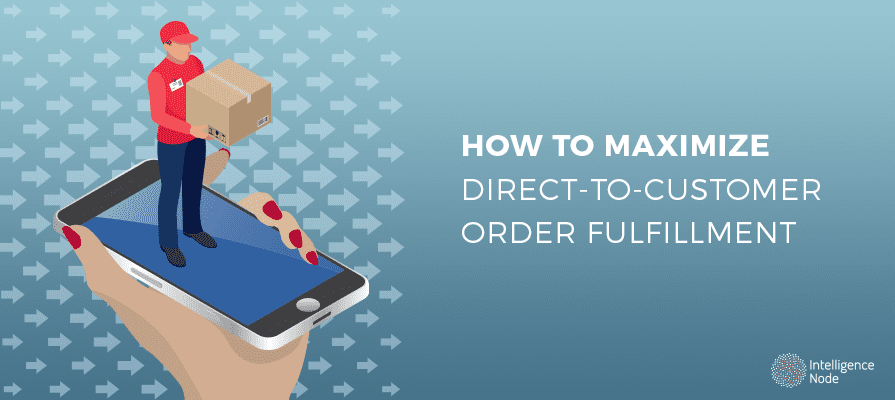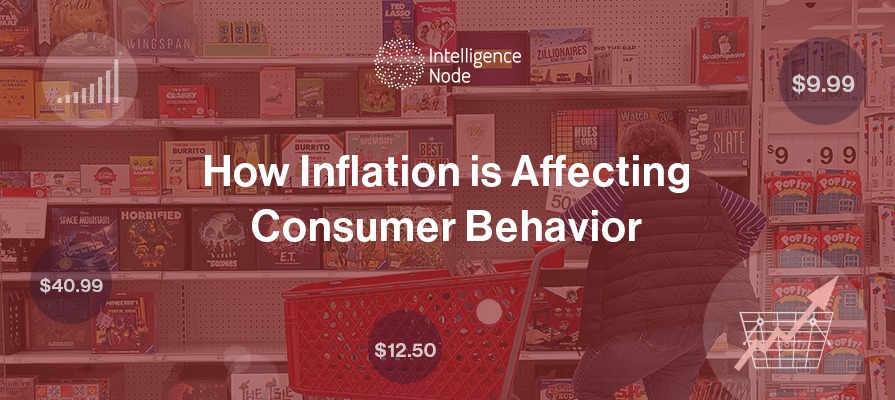As technology has increased the capability for businesses to deliver orders to customers in a more and more timely fashion, so too have consumers come to expect their packages to arrive faster and for a lower shipping cost (or even free).
eCommerce businesses have felt the pressure to bolster their order fulfillment processes perhaps more than most other businesses. After all, online retailers need to compete not only with each other, but in many cases, with traditional brick-and-mortar stores as well. Direct-to-customer order fulfillment may be a complicated game, but luckily, more and more tools have become available to assist eCommerce businesses.
Strategies You Can Use
As always, the direct-to-customer sector brings with it a distinct set of challenges that must be overcome if you wish to maximize your order fulfillment success. How your system operates is key to the output your business will be able to handle and, by extension, how equipped your company will be when your marketing efforts pay off and your customer base explodes. In order to optimize your business, a few essential steps should first be taken. Here are some basic strategies you can start to implement into your business to streamline your direct-to-customer order fulfillment process.
- Integration is a must: Before you can really make the most of your order fulfillment, you first need to introduce an integrated approach to your various systems, from order capture onward. Eliminating a segregated structure that keeps each element distinct and disconnected gives your business the ability to evaluate the order management and operations on a large scale, and this centralized view is absolutely essential to boost your order fulfillment.
- Embrace automation to optimize: When it comes to order fulfillment, accuracy and timeliness is naturally paramount. That’s why your business needs to have a fully automated process in place for everything from pricing to fulfillment. This will lend you the competitive advantage you need to help your business soar and the precision to keep customer satisfaction sky-high. You’ll also be in far better shape when order demand requires a higher level of performance than you could previously manage to tackle.
- Employ location-based strategies: Much of order fulfillment hinges on where your customer is based. Using location data as an integral part of your operation can guide you in deciding where to route deliveries, including local retailers who may be better positioned to meet faster delivery dates. In some cases, this might be a more efficient approach and maintains your platform’s status as the access point. Your customers will thank you for the improved service, and you might even be able to trim costs as a result.
- Explore order streaming: Order streaming provides your business with the chance to adjust its workload to not only warehouse conditions but also high-priority orders. A tool that rightfully emphasizes customer expectations, order streaming manages equipment and other resources as well as streamlines the period between order capture and fulfillment. In that regard, it can be a tremendous way you can boost productivity and maximize efficiency within your business and provide a better service to your customer base.Personalize to develop your brand: You wouldn’t automatically tie personalization and brand development to successful order fulfillment, but increased options and the ability to easily capture and employ data help you to boost brand loyalty and the likelihood of follow-up orders. Fulfillment starts with establishing a connection with customers that blossoms into a strong relationship. Never forget that your mission doesn’t begin or end with order fulfillment.





